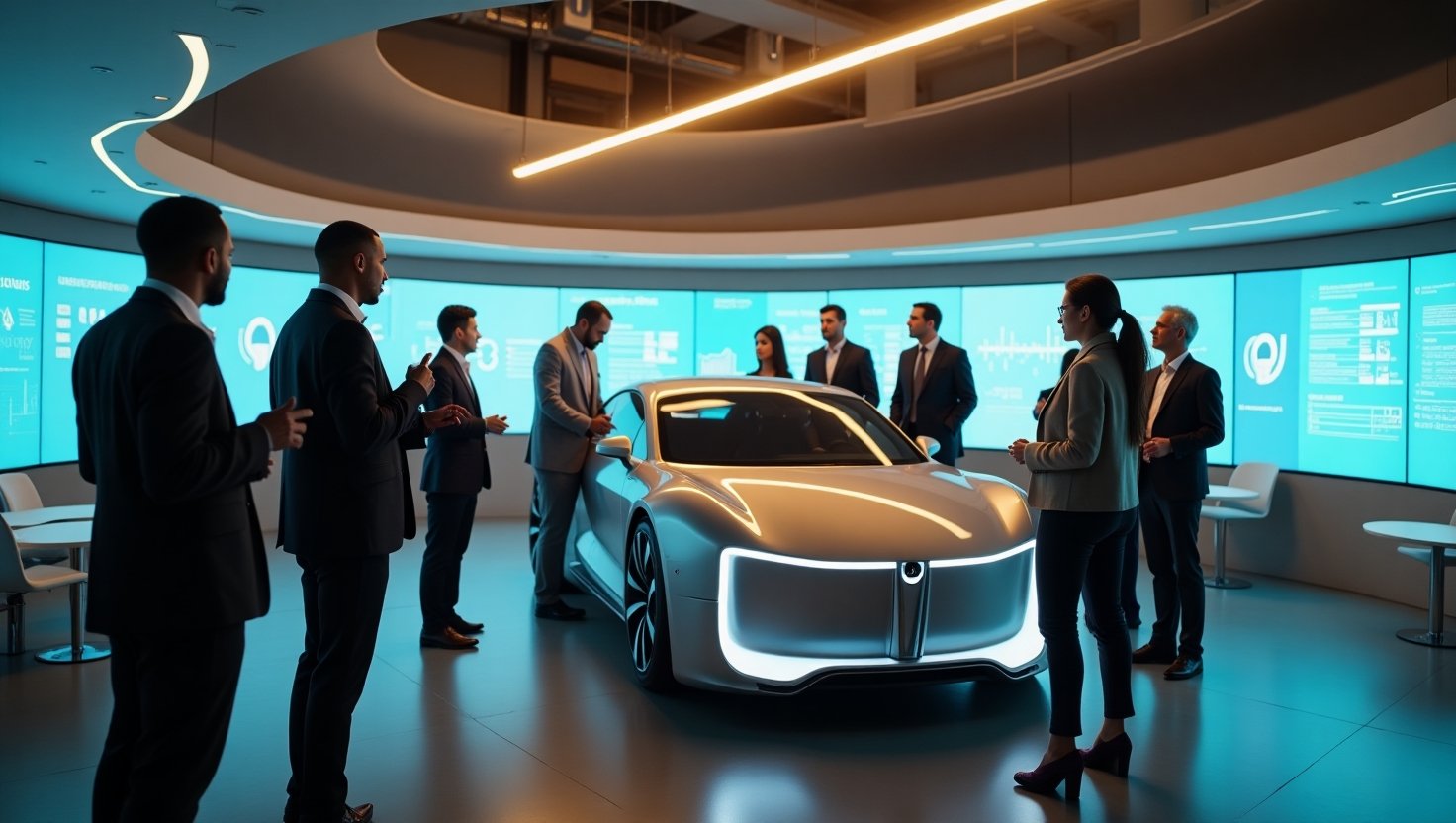The Future of Energy Efficiency AI in Transforming Sustainable Transport
Introduction
In an era where climate change and environmental sustainability are at the forefront of global concerns, the fusion of energy efficiency AI with sustainable transport solutions offers a beacon of hope. As societies increasingly seek to reduce their carbon footprint, AI technology emerges as a revolutionary tool, enhancing green logistics and guaranteeing a legacy of sustainability for coming generations. This blog explores the transformative impact of energy efficiency AI on sustainable transport, providing deep insights into how it is shaping the future of global logistics and eco-friendly transport methods.
Background
Energy efficiency AI refers to the use of artificial intelligence to optimize energy consumption across various sectors. Initially deployed in manufacturing and data management, AI technology is now significantly enhancing the efficiency of sustainable transport by analyzing energy use patterns and offering real-time adjustments to minimize wastage.
Ferries, a critical component of maritime transport, are at the forefront of this transformation. By leveraging AI technology, ferry operators can predict fuel consumption trends and adjust routes dynamically, saving energy and reducing emissions. This innovation isn’t just isolated to maritime transport; it’s a growing trend in various transport modes, marking a pivotal shift towards energy-conscious operations.
The use of artificial intelligence in these contexts acts much like a seasoned chess player contemplating future moves, analyzing available data to make decisions that minimize inefficiencies and maximize output in a sustainable manner.
Trend
Current trends in energy efficiency AI emphasize its integration into sustainable transport sectors. Numerous logistics companies are adapting AI-based models to reduce energy consumption. AI-enhanced transportation algorithms offer predictive maintenance, resulting in fewer breakdowns and less energy-intensive repairs, streamlining operations across the supply chain.
A notable case study involves green logistics, where AI technology analyzes cargo load, traffic conditions, and optimal routes. This not only cuts down on fuel but also reduces delivery times, benefiting both the environment and operational efficiency. Companies utilizing these AI advancements are setting a precedent, proving that environmental sustainability and economic efficiency go hand-in-hand.
At the core of these innovations are startups similar to Crossing Minds, whose focus on AI technology aligns with broader objectives of responsible and forward-thinking AI deployment, as referenced in TechCrunch’s article.
Insight
Experts believe that the rise of energy efficiency AI is not just a trend, but a linchpin for future developments in sustainable transport and logistics. AI equips companies with the tools to monitor, predict, and adapt to energy needs efficiently. As Crossing Minds’ strategic move to OpenAI has shown, there is a growing commitment within the tech industry to ensure that AI benefits humanity holistically.
The relationship between AI and green logistics is symbiotic. By providing enhanced data analytics capabilities, AI empowers businesses to pursue sustainable strategies while optimizing logistic frameworks. Innovations such as these reflect a journey towards reducing environmental impacts, fostering an industry-wide ethos of sustainability.
Forecast
Looking forward, the implications of energy efficiency AI on sustainable transport are profound. The potential for AI-driven ferries that utilize predictive analytics to refine navigation and energy consumption models is just the beginning. AI technology could revolutionize how transportation networks operate, leading to fleets that are not only fuel-efficient but also capable of integrating renewable energy sources seamlessly.
Regulatory considerations will also evolve, as governments and industry leaders collaboratively set standards that encourage more widespread adoption of sustainable practices. Such a global shift would redefine transport sectors, aligning economic incentives with environmental goals.
Call to Action
As energy efficiency AI continues to shape the future of sustainable transport, the impetus falls on businesses and individuals alike to embrace these technological advancements. By integrating AI solutions into logistics and transport operations, we contribute to an eco-conscious future. The call to action is clear: adopt AI technologies that champion energy efficiency and transform our global footprint for the better.
For those intrigued by AI’s broader implications, consider exploring the intersections studied by OpenAI as they strive to enhance artificial general intelligence for humanity’s benefit. Their recent acquisition from Crossing Minds highlights a commitment to innovative, responsible AI development. Together, let us propel a vision of a sustainable and energy-efficient tomorrow.

